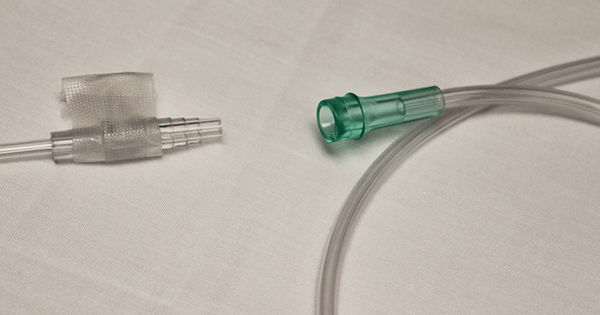
[Continued from last week’s column, “Coma.”]
I spent my last days in Belgium in the residence above my surgeon’s clinic. On a Monday I was wheeled down for a postoperative checkup. I wanted to know more about the coma, and if I’d ever get back my strength and balance. My surgeon said it might take a year to fully recover. “I heard you call out the time of my death,” I said, as he pulled stitches from my nostrils. “Well, …” he said, “who’s ever really dead?”
Skypeing with my ex-girlfriend Eleanor, I would casually refer to an event and she’d say, “Oh Di, I think that was the coma.” I finally said, “Tell me exactly where you’ve been this month.” “Here in Melbourne,” she said, “that’s it.” She had kept in touch by phone with my surgeon, and doctors in the ICU, and logged the exchanges, which helped immensely in re-orienting myself. But I’ll never completely know what did and didn’t happen; Eleanor may not have come to Antwerp to claim my body, but I’ll bet money I ripped an anesthesia tube from my arm and was strapped to a bed.
My surgeon urged me to postpone my flight home, which was in three days, and had his assistant go out and buy me a walker. A walker! I needed it. Just standing at the sink to brush my teeth caused me to teeter and perspire. Drifting off to sleep, I imagined the opening of The Mary Tyler Moore Show, only instead of Mary tossing up her hat, it’s me, along with every old lady in Miami Beach, heaving up our walkers. The next day I had my first shower. I did some Tai Chi—shakily—and managed to walk unassisted to the pharmacy across the street to purchase nail polish remover. On Wednesday, I took a streetcar to another neighborhood to replace a broken suitcase. My surgeon stopped by the residence each day. “Every time I see you” he said, “you look like a different person.” I told him he should put that on his business card. On Thursday, I took a commuter train to Brussels, the Eurostar to London, and caught my flight to New York City.
Back home I slept a lot. My strength was slow to return. I’d walk half a block and want to turn around and go back to bed. It felt like a sheet of plywood had been inserted between me and my face. When areas of numbness woke up, they joined areas of pain. There was much swelling, some of it deforming. Sometimes I looked in the mirror and wondered if it was a face at all. My surgeon, however, had succeeded in wiping away all masculine markers. In public, nobody was looking at me twice, and friends were fairly amazed.
I ought to have felt lucky to be alive—we all should—but having lived through my death (and embalming) while in the coma, I felt more confused than anything. My dreams at night, mostly about danger and immobility, never quite dissolved, and I’d spend the day haunted by them. The spell of the coma lingered.
Something else that lingers: what was I ever doing alone, abroad, getting surgery? Eleanor keeps asking this, in anger and bewilderment. I’d broken up with her the month before, and didn’t think it right, for many reasons, for her to accompany me to Belgium. She, on the other hand, thought it monumentally selfish of me to send her away and seems far more upset about this than about the breakup. Do I deserve such love?

